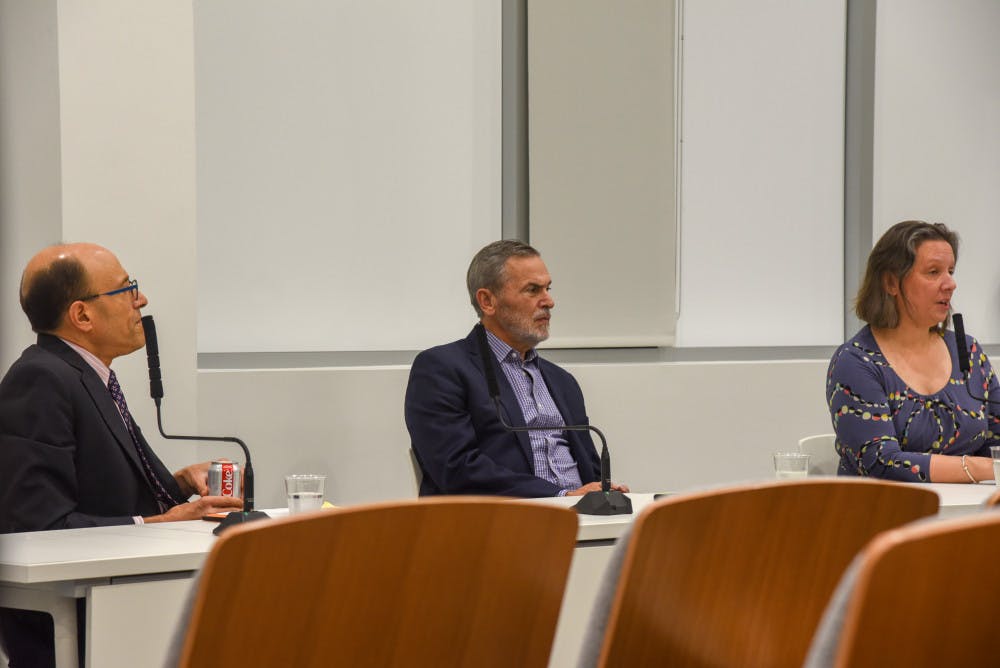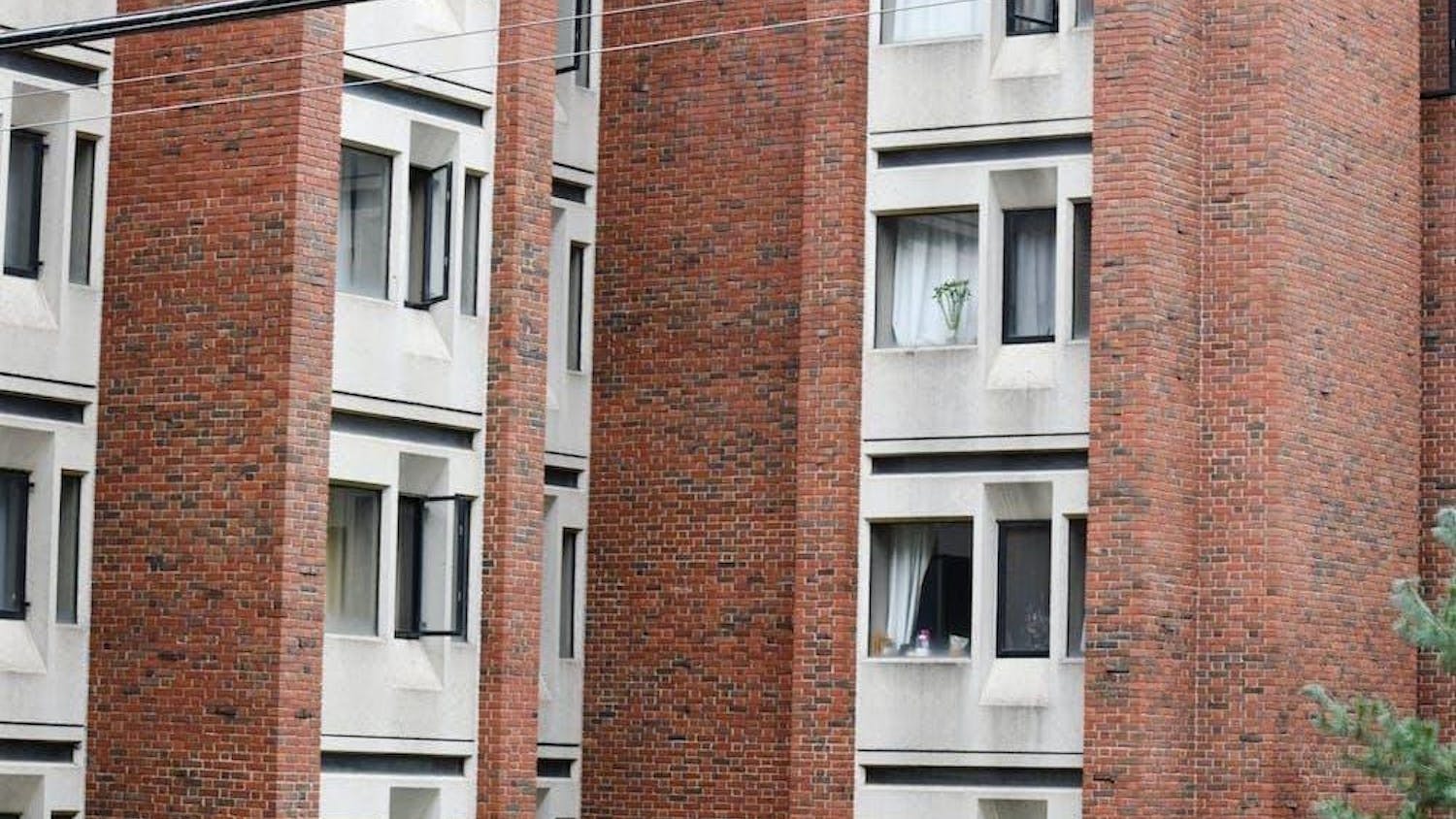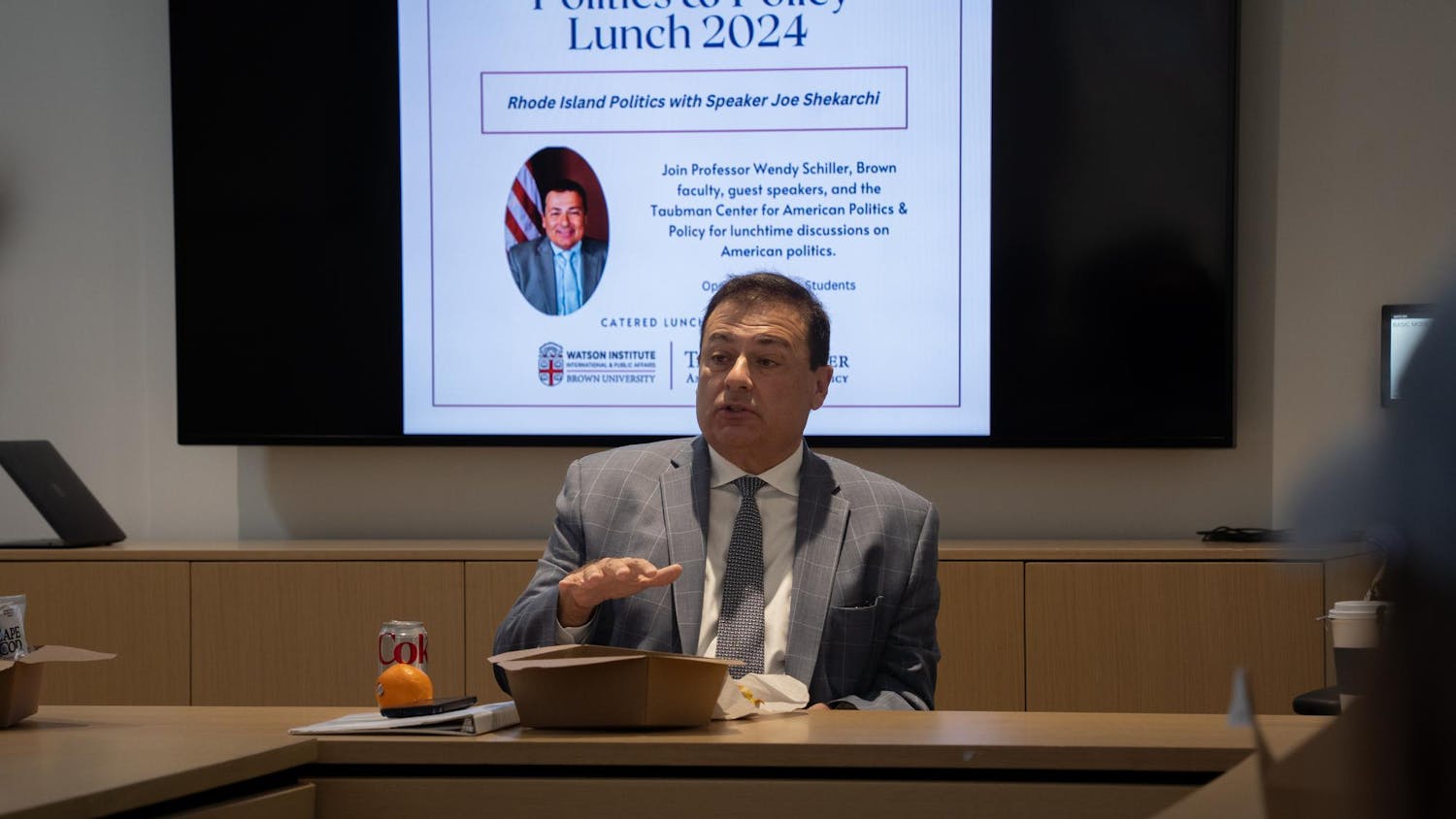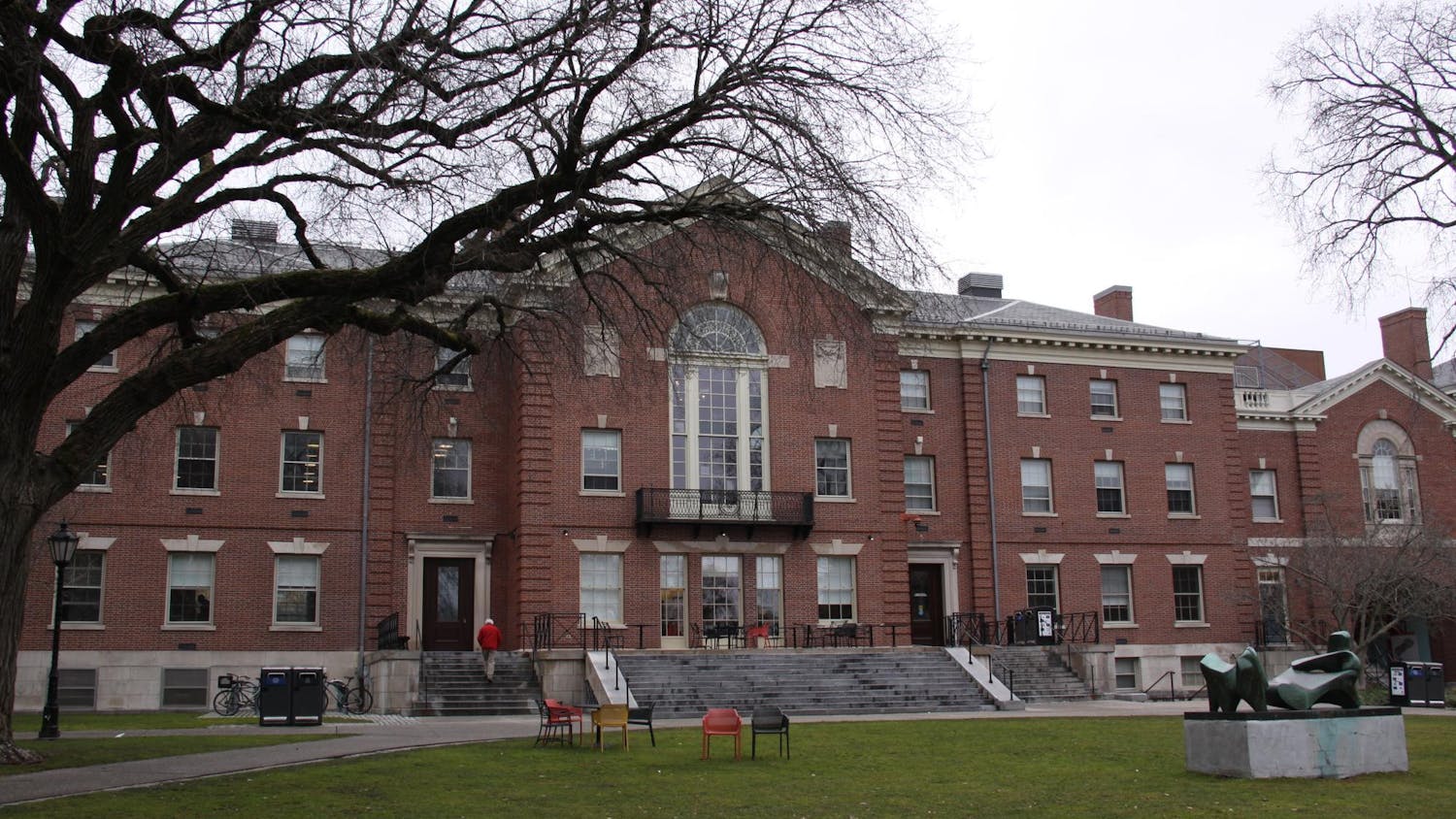The Watson Institute for International and Public Affairs held a discussion forum yesterday evening for members of the community to voice their thoughts on the ongoing demonstrations in Hong Kong.
Participants at the forum were greeted by students handing out black surgical masks, which they were also wearing. The face masks, which are banned in Hong Kong, are worn by protestors there to signify support for the movement to decrease the mainland Chinese government’s control over Hong Kong.
Sparked by proposed amendments to Hong Kong’s extradition bill, large-scale protests began in June, criticizing the bill as an attempt by the mainland Chinese government to increase its control over Hong Kong. Since then, hundreds of thousands of civilians have marched through the streets and shut down transportation systems. These demonstrations have been met with rubber bullets and tear gas cans from the police, further escalating the situation.
Moderated by Watson Director Edward Steinfeld, the event opened with a brief panel featuring Rebecca Nedostup, associate professor of history, and Richard Boucher, a senior fellow at the Watson Institute and Consul General in Hong Kong from 1996 to 1999.
Nedostup touched on the history of protests in Hong Kong and asked the audience to think beyond “framing the events” of the current protests in terms of the “immediate concerns” of the protestors. She instead emphasized the broader historical context of the successes and failures of protestors since the rise of the Civic Education Campaign, which was contested by another round of protests during the mid-2010s.
In his opening remarks, Boucher said that an underlying reason for these protests is the growing anxiety of Hong Kong’s youth about their future prospects. Concerned about sky-high apartment prices and an education system trailing behind that of the mainland, young people feel “their world closing in, their futures closing in,” he explained.
This frustration was tangible in the views passionately voiced by multiple students who were born and raised in Hong Kong.
An undergraduate female student wearing a cap and a mask agreed with Boucher, saying that she came to study in the U.S. in pursuit of better opportunities. She also spoke about her sister who had told her she did not want to have children if it meant raising them in Hong Kong.
The discussion at the forum also hit close to home for audience members who have experienced the violent protests firsthand. One student recounted a time this past summer when his bus was teargassed, preventing him from being able to return home after work.
Many participants in the forum were critical of China’s policies toward Hong Kong, referencing intense censorship, the kidnapping of booksellers, the lack of democracy and police brutality. With these sharp criticisms, multiple audience members also clarified that they see the protests as a showdown between Hong Kong civilians and the Chinese Communist Party, not one between Hong Kong civilians and Chinese civilians.
Jason Chan GS said he came to the event open-minded and without any expectations. Born and raised in Hong Kong, Chan said he “enjoyed listening and learning about the U.S. perspective” toward the protests and appreciated how the forum provided “an open space for people to be outspoken if they wanted to.”
At the same time, Chan acknowledged the difficulty of separating politics from personal life in the forum setting. “For me, it’s a very personal thing and it’s hard to talk about it and be objective about it,” he said.
Cynthia Bo Huen Ng ’21, who was also born and raised in Hong Kong, acknowledged the privilege that Hong Kong and Chinese international students have to be able to study abroad and benefit from physical distance away from the protest. But with that, Ng said, comes a “mental distance.”
“We do come from a position of privilege, and that makes me very conflicted and at the same time, very sad — talking about these issues publicly in a forum where most people aren’t actually there,” she said.





